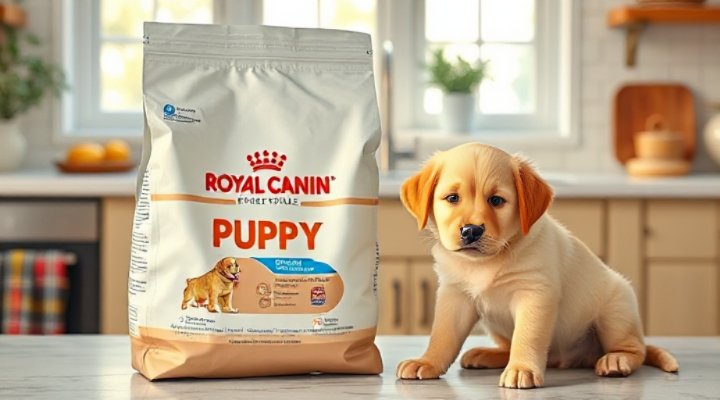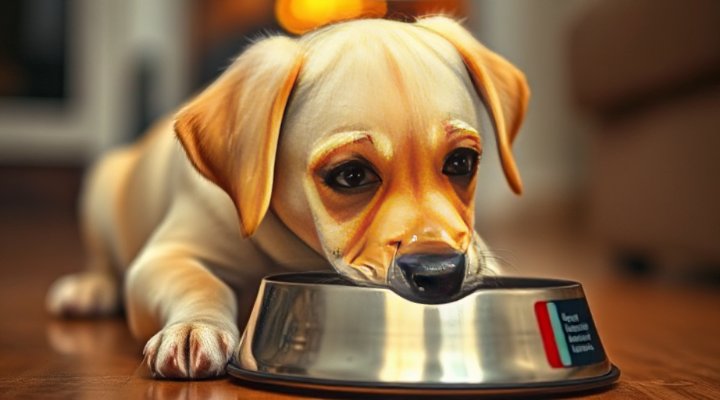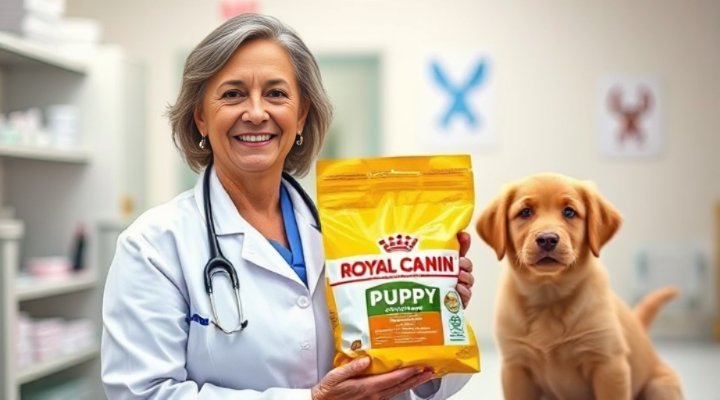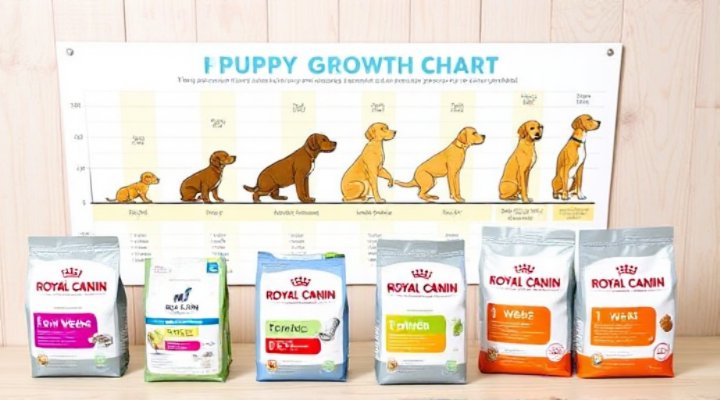Royal Canin puppy food is a well-known brand that many pet owners trust for their growing pups. In this Royal Canin puppy food review, we’ll dive deep into its ingredients, nutritional value, and overall quality to determine if it’s worth the investment for your furry friend. From personal experiences to expert opinions, we’ll cover everything you need to know to make an informed decision.

What Makes Royal Canin Puppy Food Special?
Royal Canin has built a reputation for creating breed-specific and age-specific formulas. Their puppy food is designed to meet the unique nutritional needs of growing dogs. For example, small breed puppies have different requirements compared to large breed puppies, and Royal Canin addresses this with tailored recipes.
One of the standout features is the inclusion of antioxidants like vitamin E and lutein, which support a puppy’s developing immune system. Additionally, the kibble size and shape are optimized for easy chewing, which is especially important for teething puppies.

Ingredients and Nutritional Value
When it comes to puppy food, quality ingredients are paramount. Royal Canin uses a blend of animal proteins, grains, and essential vitamins. The primary protein source is usually chicken meal or fish meal, which provides the necessary amino acids for muscle development.
However, it’s worth noting that Royal Canin does include some controversial ingredients like corn and wheat. While these are not inherently bad, some pet owners prefer grain-free options. If you’re considering grain-free alternatives, you might want to check out our review of Sundays Dog Food or freeze-dried dog food benefits.

Personal Experience with Royal Canin Puppy Food
As a dog owner myself, I’ve tried Royal Canin for my Labrador puppy, Max. The transition from his breeder’s food to Royal Canin was smooth, and he seemed to enjoy the taste. Over time, I noticed his coat became shinier, and his energy levels were consistent throughout the day.
That said, every puppy is different. Some may thrive on Royal Canin, while others might do better with other brands like Canidae or Purina Pro Plan. It’s always best to consult your veterinarian before making any dietary changes.

Expert Opinions and Veterinary Recommendations
Many veterinarians recommend Royal Canin due to its scientifically backed formulations. According to the American Veterinary Medical Association (AVMA), balanced nutrition is crucial for a puppy’s growth and development.
Royal Canin collaborates with veterinarians and pet nutritionists to ensure their recipes meet the highest standards. This is particularly important for puppies with sensitive stomachs or specific health concerns. For more insights, you can also refer to the FDA’s guidelines on pet food.

Is Royal Canin Puppy Food Worth the Price?
Royal Canin is undeniably on the pricier side compared to some other brands. However, the cost is often justified by the quality of ingredients and the research behind each formula. If you’re on a budget, you might want to explore options like Victor Dog Food, which offers great value for money.
Ultimately, the decision depends on your puppy’s needs and your budget. Royal Canin is a solid choice for pet owners who prioritize scientifically formulated nutrition and are willing to invest in their puppy’s health.
Final Thoughts
In this Royal Canin puppy food review, we’ve covered the brand’s strengths, potential drawbacks, and overall value. While it may not be the perfect fit for every puppy, it’s certainly a reputable option worth considering. Remember, the best food for your puppy is one that meets their unique nutritional needs and keeps them happy and healthy.
For more tips on puppy care and nutrition, check out our dog training for beginners guide or our healthy dog food for small breeds article.
